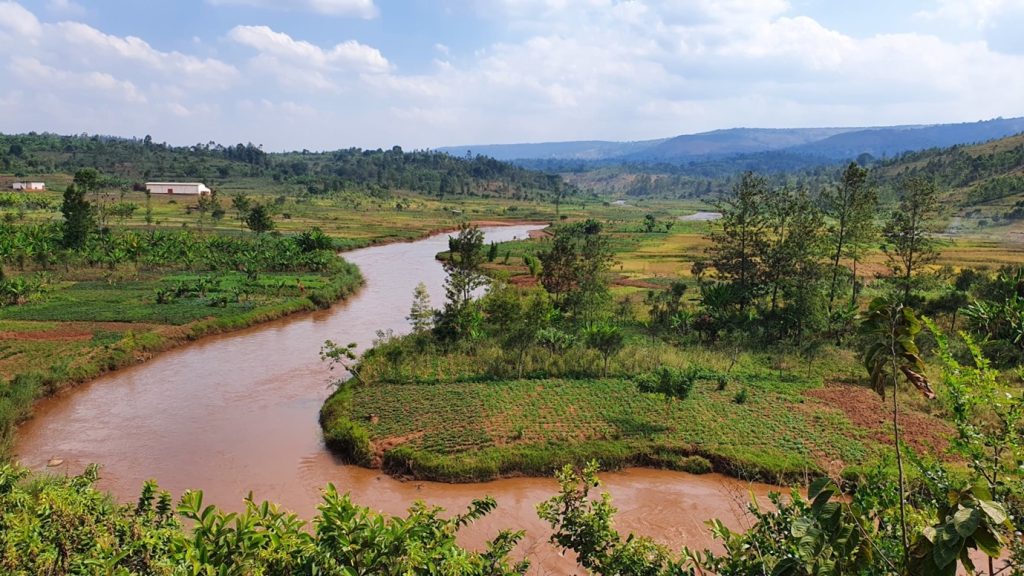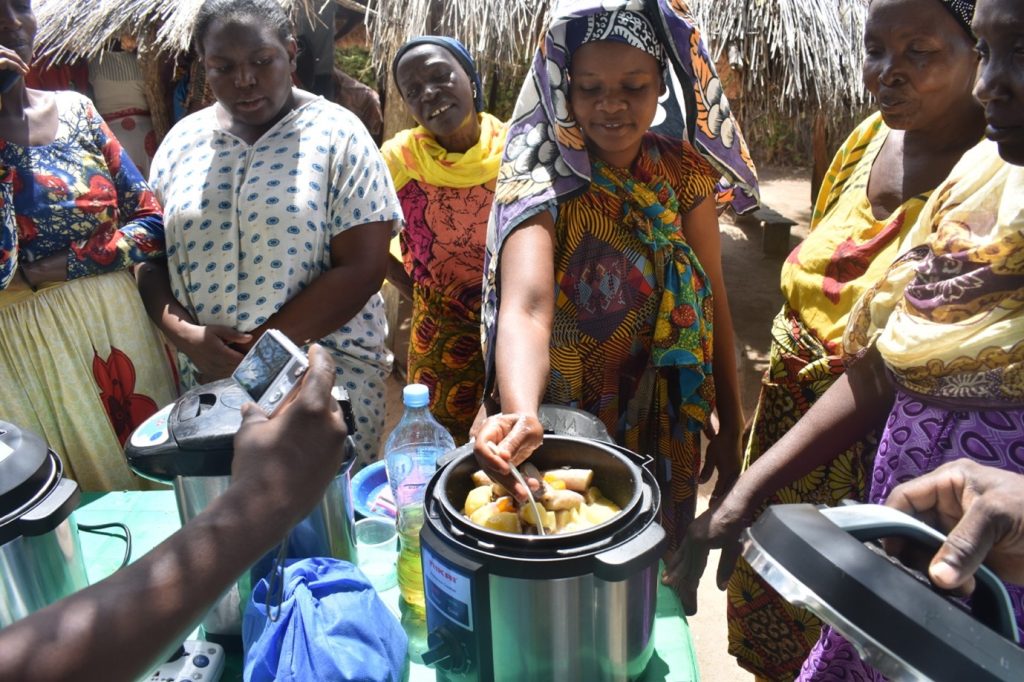
- Date
- 3rd March 2023
- Categories
- Electric Cooking
By Jacob Fodio Todd, Matthew Leach & Jon Leary
The Democratic Republic of Congo (DRC) eCooking Market Assessment 2022, which has a particular focus on urban Eastern DRC, offers strategic insight on the current state of electricity access and clean cooking in the country, highlighting key opportunities and challenges, as well as offering recommendations and targeted interventions that could support the transition to electric cooking.

The case for electric cooking in the DRC is complex. The central African country’s enormous clean energy resources remain largely untapped, although recent years have seen the development and embrace of nascent mini- and off-grid sectors, offering some grounds for hope that the DRC’s pervasive low rates of electricity access (estimated at 9-19% of population) will improve. President Tshisekedi has also indicated that firstly over the course of his presidency he aims to increase electricity access from its current levels to 30% of the population, which would extend access to 20-30 million, and secondly, has committed to reduce the use of wood energy for cooking in major urban centres by at least 50% by 2031.
The national grid runs on 99% renewable energy (almost exclusively hydropower) and although it suffers from a legacy of underinvestment and disrepair, it offers one of the lowest tariffs in Africa and some 2.5% of the urban population (i.e. around 2.3 million people) already primarily cook with electricity. A draft National Energy Policy was made public in 2022 and would provide a framework for managing the sector and the country’s energy resources, including renewable and biomass energy sources. It could also act as a precursor to develop a dedicated clean cooking strategy, much needed in a country where roughly 97% of the population rely on polluting fuels such as charcoal and firewood to cook.

The flagship multi-partner international Energising Development (EnDev) programme, who partnered with MECS for this study, has a strategic interest in the Eastern DRC. There is significant motivation for improving clean cooking and energy access in the region, not least the rapid rate of deforestation and biodiversity loss, which is both intertwined with and exacerbated by complex conflict dynamics. However, among the many challenges this report finds that in certain urban settings, where higher rates of electricity access exist, and commercialised fuels such as charcoal dominate, new technologies such as battery-supported eCooking, solar hybrid mini-grids and solar eCooking can enable eCooking to offer cost-effective, reliable and modern cooking services to a much broader range of consumers, even when taking into account higher unit costs for electricity and equipment.
Employing impact modelling for the case studies of Goma and Bukavu, the study finds that there would be positive net social benefits if existing fairly high levels of charcoal spend can be converted to electricity units, and electric cooking appliances. The benefits comprise reduction in environmental and health impacts of cooking fuel use, as well as reduction in cooking costs for households, leading to relatively short payback period for consumers.
In these urban settings, the increasing presence of mini-grid developers and off-grid solar systems is improving and expanding electricity access. What’s more, greater uptake and familiarity with LPG and innovative payment and financing methods, through the work of organisations such as Bboxx, offer shoots of optimism for clean cooking. Critically for eCooking, a research project has begun that will distribute electric pressure cookers (EPCs) for use on Virunga Energies’ mini-grid, eventually targeting 1500 households in Goma, to explore its promise. An earlier pilot discovered, similar to MECS’ findings in neighbouring countries, a high level of culinary compatibility with modern energy-efficient appliances such as EPCs, and many positive user experiences.

Image Credit: SESCOM, 2021
The study concludes with a series of recommendations that MECS considers critical for developing the evidence base and building the market for eCooking such as:
- Working with mini-grid companies to support the promotion of eCooking and distribution of eCooking devices to build knowledge around eCooking.
- Supporting the development and trialling of financing mechanisms to bridge the affordability gap for low-income users.
- Supporting the government and relevant Ministry’s to develop strategies for clean and electric cooking.
It surmises that to garner more understanding of the means by which eCooking could be expanded, further research on cooking using different energy systems as well as the potential for solar and battery supported eCooking, strengthening supply chains, and piloting innovative business models such as PayGo or on-bill financing are needed. The paper, which aligns with a 2021 series of publications developed in collaboration with GIZ/EnDev, was produced jointly by Energising Development (EnDev) and the Modern Energy Cooking Services (MECS) Programme.
Featured Image Credit: Alessandro Galimberti